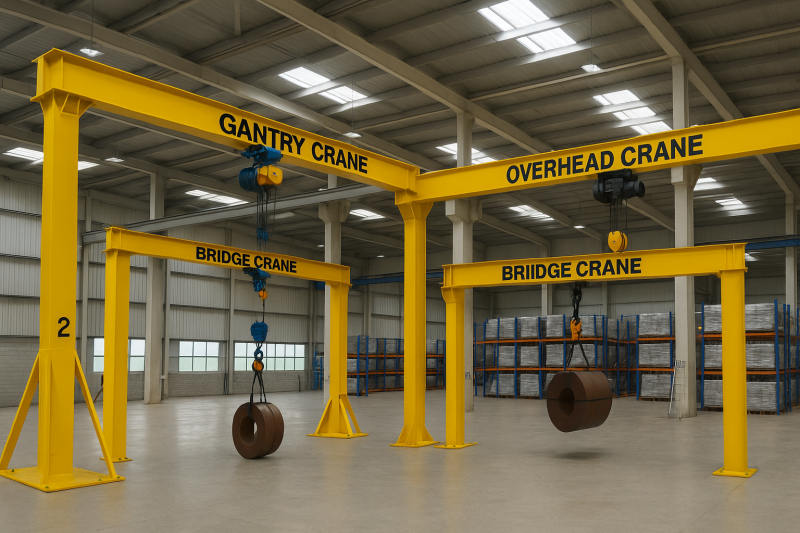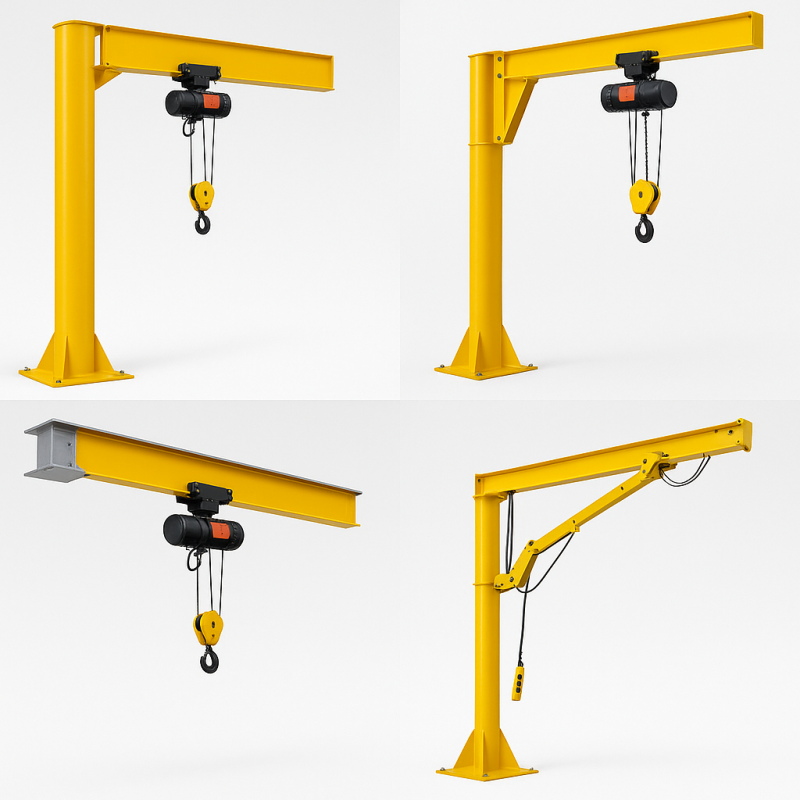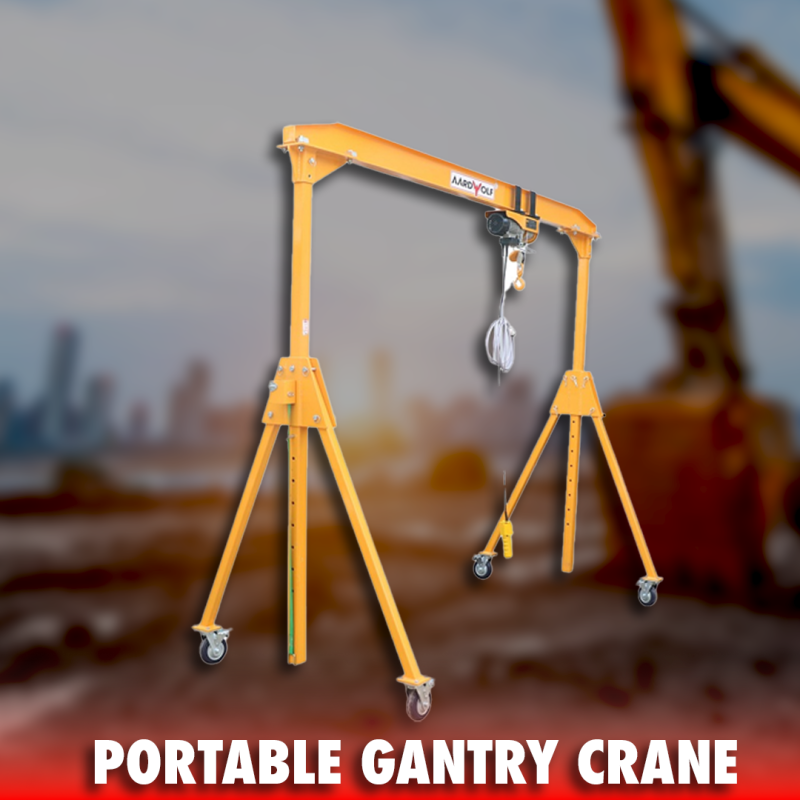



Their ability to lift and maneuver loads within confined spaces makes them indispensable across manufacturing plants, warehouses, and maintenance shops.
To truly harness the power of jib cranes—whether you operate a freestanding jib crane, wall mounted jib crane, ceiling mounted jib crane, articulating jib crane, or pillar jib crane—it’s essential to master their operation. This comprehensive guide provides you with practical insights, operational best practices, and tips to enhance productivity while ensuring safety.

Jib cranes are lifting devices featuring a horizontal jib or boom attached to a vertical mast or wall. Equipped with a hoist and trolley, they enable precise radial and vertical load movements within a fixed work area.
Each jib crane type offers unique features and applications:
Freestanding jib cranes provide 360-degree rotation and are foundation-mounted for heavy-duty lifting.
Wall mounted jib cranes are attached to columns or walls with limited rotation, ideal for confined workspaces.
Ceiling mounted jib cranes suspend from overhead beams to save floor space.
Articulating jib cranes have multiple pivot points to navigate around obstacles.
Pillar jib cranes are bolted to the floor, offering compact medium-duty lifting.
For a technical overview, check out Jib Cranes Specification and learn more about The core of Jib Cranes.
Before each use, thoroughly inspect the crane to ensure all components are in good working condition:
Check hoist ropes, chains, and hooks for wear or damage.
Verify the condition of the jib arm, bolts, and mounting structure.
Test the control systems and safety limit switches.
Ensure the working area is clear of obstructions and personnel.
A detailed checklist and setup can be found in the Jib Crane Step-by-Step Guide.
Always confirm that the load does not exceed the crane’s rated capacity. Different jib crane types have specific load limitations:
Freestanding jib cranes typically support heavier loads.
Wall mounted jib cranes handle medium to light loads.
Articulating jib cranes are suitable for precise, moderate lifting tasks.
Misjudging load capacity can lead to mechanical failure or accidents.
Effective operation depends on controlled use of three main motions:
Rotation of the jib arm: Swinging the arm smoothly without jerks or abrupt stops.
Trolley travel: Moving the hoist along the jib to position the load accurately.
Hoisting: Lifting and lowering the load steadily to avoid swinging or instability.
Each motion requires coordinated control for safe and efficient operation.
Freestanding jib cranes allow full 360° rotation, making them versatile but demanding careful spatial awareness.
Use clear communication signals if working with ground personnel.
Regularly check foundation stability due to high load stresses.
Employ motorized rotation controls for larger cranes.
Wall mounted cranes require awareness of swing limits to avoid collisions.
Confirm wall and column integrity before operation.
Use mechanical or electrical stops to limit arm rotation.
Ensure trolley movement is smooth to prevent excessive load sway.
Explore advanced solutions at Wall-Mounted Jib Cranes Solution.
Ceiling mounted jib cranes are excellent for keeping floors clear but demand strict load path control.
Monitor overhead clearances and structural capacity.
Avoid overloading to prevent ceiling damage.
Maintain hoist equipment to ensure smooth vertical lifts.
The multiple pivot points require operators to:
Coordinate arm positions carefully.
Avoid sudden movements to reduce mechanical wear.
Use the crane for intricate load positioning tasks.
Pillar cranes are fixed yet compact:
Inspect baseplate and anchor bolts frequently.
Use for steady, repetitive lifts near machines or workstations.
Ensure clear paths for load travel.
For more on pillar cranes, see Column-mounted Jib Crane.


While jib cranes are ideal for specific localized lifting, automated overhead cranes and gantry cranes serve broader operational needs. Understanding where jib cranes fit within your overall lifting strategy is key to maximizing ROI.
For a thorough comparison, refer to Comparing Cranes with Automated Lifting Systems.
Layout Planning: Position cranes to minimize operator movement.
Operator Training: Ensure familiarity with controls and safety.
Maintenance Scheduling: Regular checks prevent downtime.
Integration: Use jib cranes alongside conveyor and robotic systems for seamless workflows.
Mastering jib crane operation improves productivity, enhances safety, and optimizes material handling in diverse industrial settings. Understanding the nuances of different crane types—from freestanding to articulating—and applying best practices are essential steps.
Leverage expert resources like The core of Jib Cranes and operational guides such as Jib Crane Step-by-Step Guide to take your crane usage to the next level.
References
1. How to operate a Jib Cranes safely
3. Over brace jib crane wall mounted
5. Is a Jib Crane a Gantry Crane
6. Articulated Jib Crane Wall Mounted
8. Manual Counterbalance Crane
10. Over Braced Jib Crane Column Mounted
Sign up to receive the latest info on new Aardwolf products, special offers and more.
By signing up you agree to receive emails from Aardwolf with news, special offers, promotions and other information. You can unsubscribe at any time.